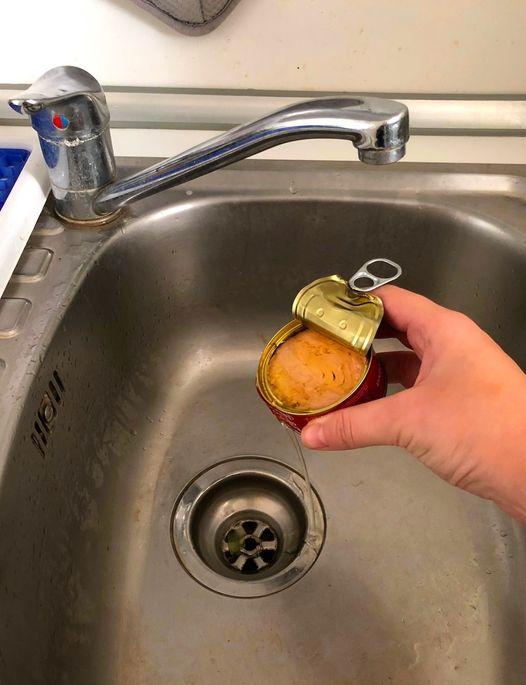Canned tuna oil is rich in vitamin D and omega-3: reuse it like this…
Canned tuna oil is rich in vitamin D and omega-3: reuse it like this…
If you have thrown away canned tuna oil up until now, know that you are wrong: not only can it be reused to reduce waste, but it is also advisable to do so, provided that it is a good quality product. According to research carried out in Parma, in fact, the oil in contact with tuna would be rich in vitamin D and omega-3, very important nutrients for our body, and would not present any alterations. But how can you reuse it? Here are some ideas to reduce the products to be disposed of, save money and also do good for our health.
Some will turn up their noses, but canned tuna oil is good and should be reused. First because disposing of it is not so easy (it should be collected with the rest of the oil and taken to the recycling center or a disposal point), second because by now, in most cases, it is extra virgin olive oil, third because science also confirms that it is rich in vitamin D and omega -3, thanks to its contact with fish. Here’s why you should reuse canned tuna oil and above all how to do it: this way you will reduce waste and do good for the environment.
;Resize,width=742;)
Canned tuna oil is rich in vitamin D and omega -3
In spite of low-calorie diets, canned tuna oil can be reused. It is not us who say it, but science: in fact, it is confirmed by a study recently conducted by the Experimental Station for the Food Preservation Industry (SSICA) in Parma. In the study conducted for ANCIT (National Association of Fish and Tuna Canners), 80-gram samples of canned tuna were analyzed, placing them at different temperatures: 4 °C, 20 °C and 37 °C. After carrying out observations, sensory analyses and analyses of the fatty acid profile, over a period of 13 months, the researchers did not find any alterations in the product, either for the tuna or for the oil in which it was immersed. On the contrary, the data demonstrate an increase in polyunsaturated fats in the oil, in particular omega-3 fatty acids and vitamin D, which were not previously present in olive oil. In essence, the sterilization conditions to which the product is subjected do not compromise either the nutritional or organoleptic properties and do not cause any type of oxidation. It follows that not only is it possible to consume the oil from the canned tuna, as long as it is of good quality, but that it is also recommended.
continued on next page







